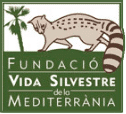ARIANT BIOLOGICAL RESERVE
In 2012, the Fundación Vida Silvestre Mediterránea (FVSM) received the Ariant property as a donation, a farm of about 1,000 hectares located in the Serra de la Tramuntana of Mallorca, in the municipalities of Pollença and Escorca. This donation was the result of a long relationship with the property due to the work for the conservation of the black vulture that the Black Vulture Conservation Foundation (BVCF) had carried out since 1987. Thanks to this collaboration, first with the BVCF and later with the FVSM, a land custody agreement was signed and a Management Plan for the farm was developed. Today, the FVSM is responsible for the Ariant farm, responsible for the conservation of biodiversity and the continuity of traditional and ecological agricultural activity, in addition to the maintenance of its cultural heritage.
Ariant is a place for the conservation of habitats and protected species, where various ecological and environmental protection figures come together.
- Natural Site of the Serra de Tramuntana
- Natural Area of Special Interest Interés
- European Ecological Network Natura 2000
- LIC ES5310127 – Costa Brava de Mallorca
- ZEPA ES0000073 – Costa Brava of Mallorca
- UNESCO Landscape and Cultural Heritage of Humanity
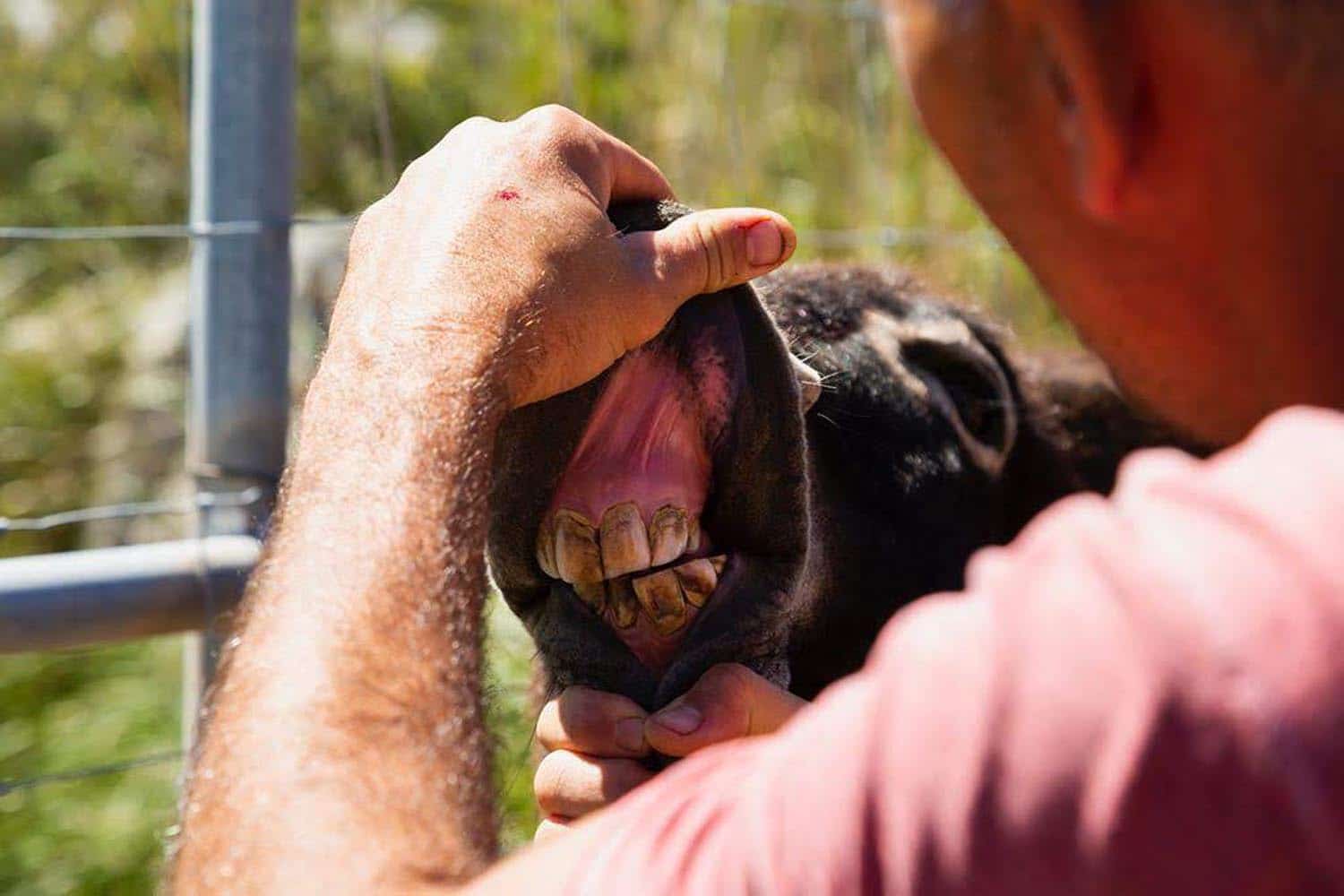
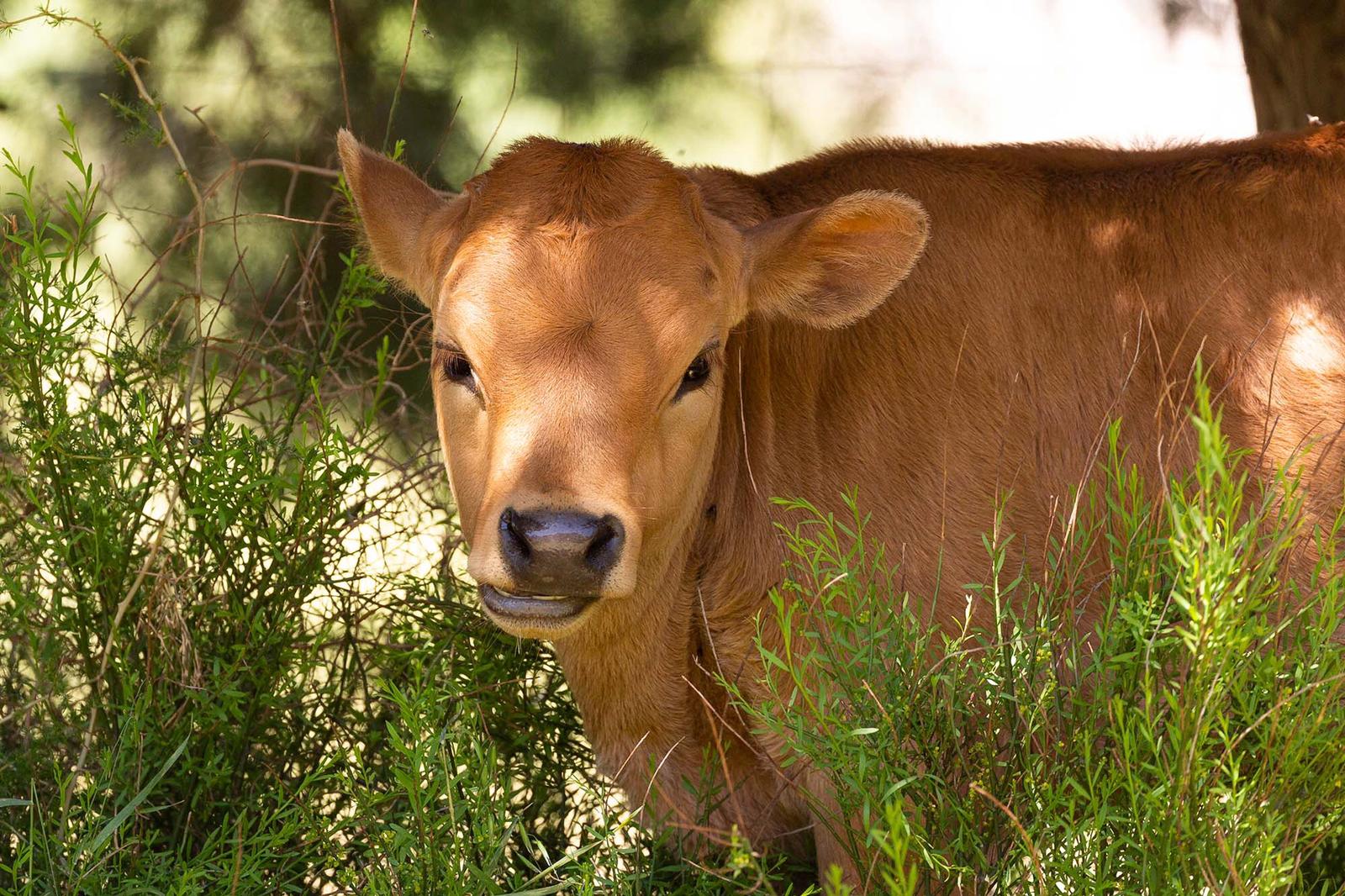
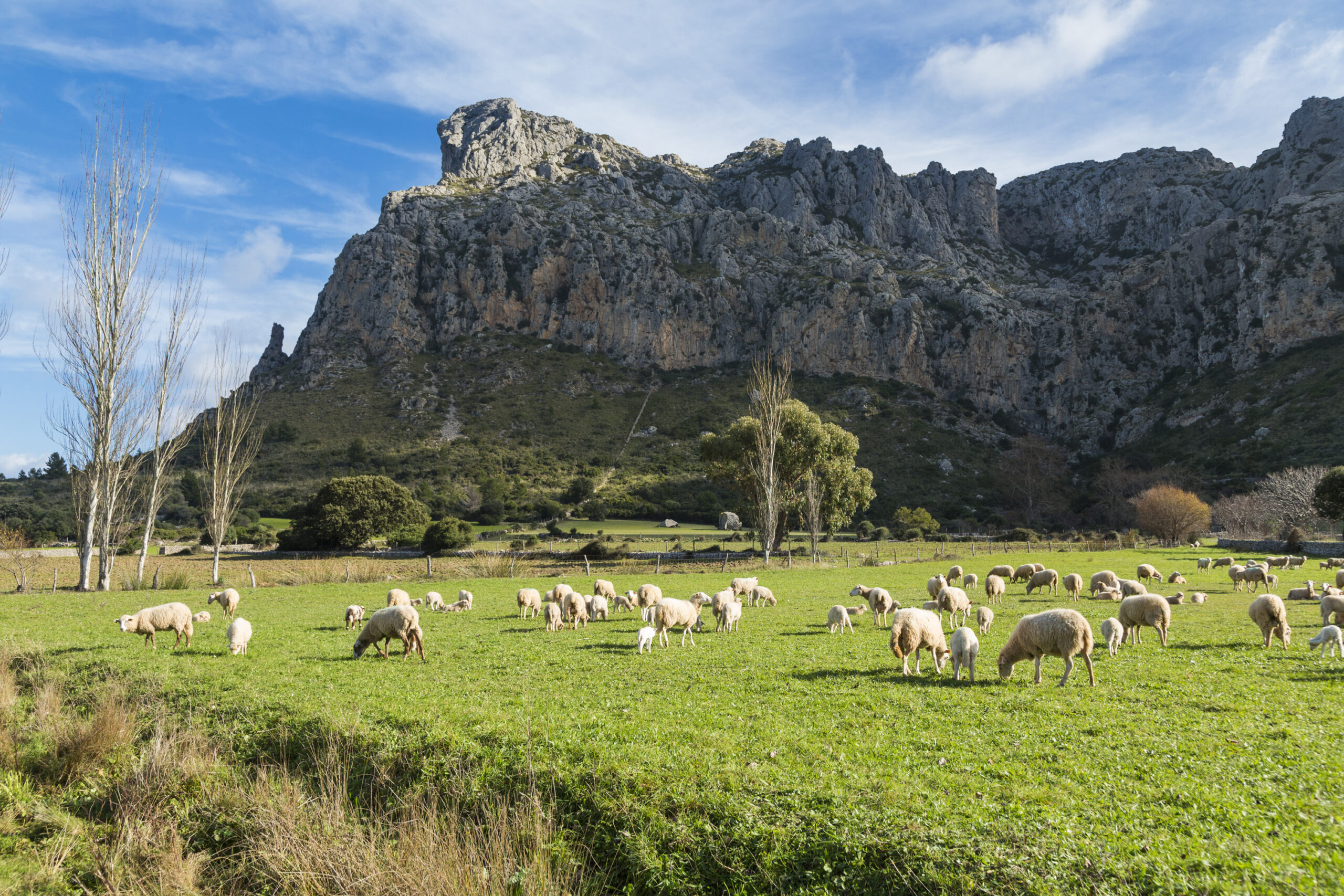
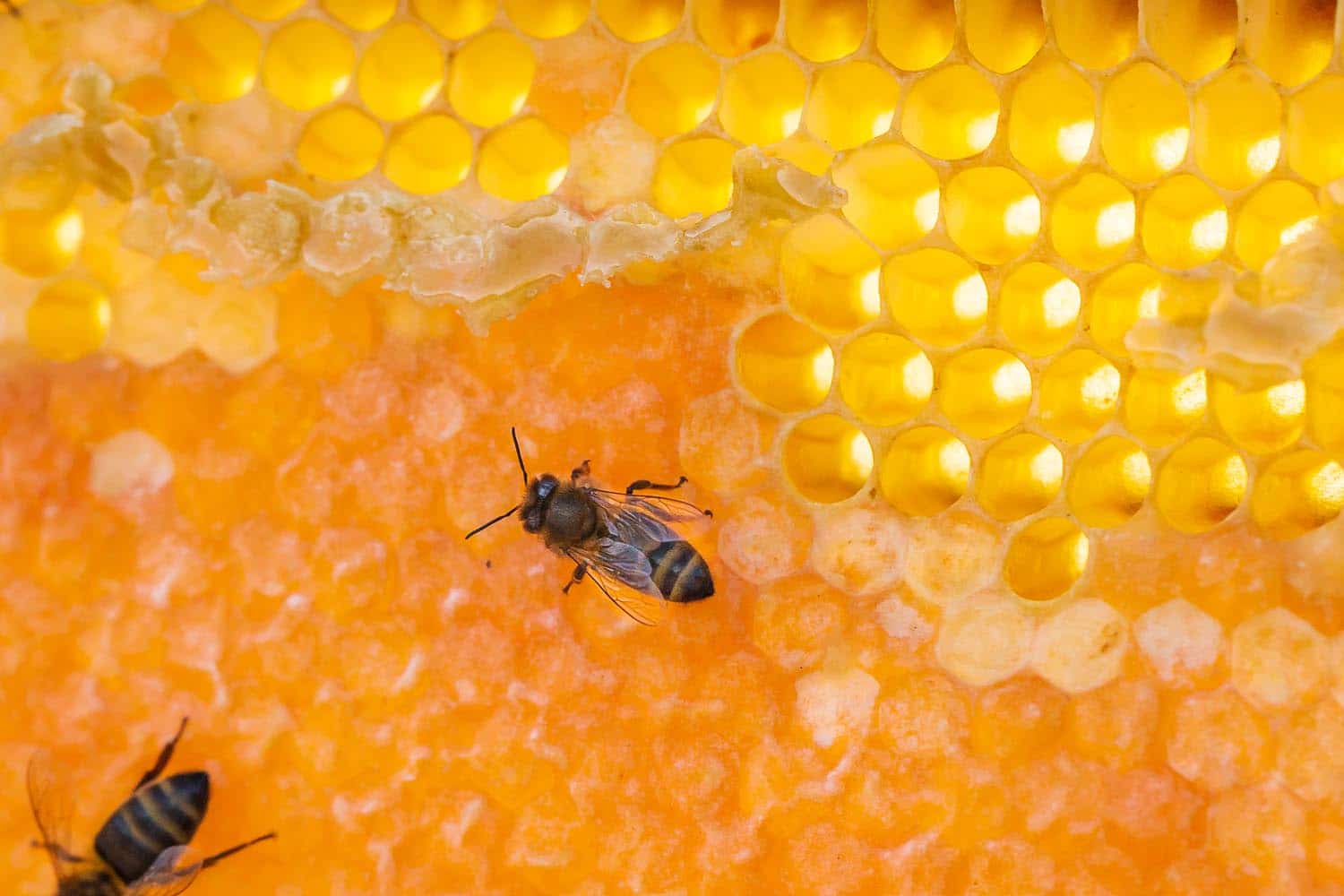
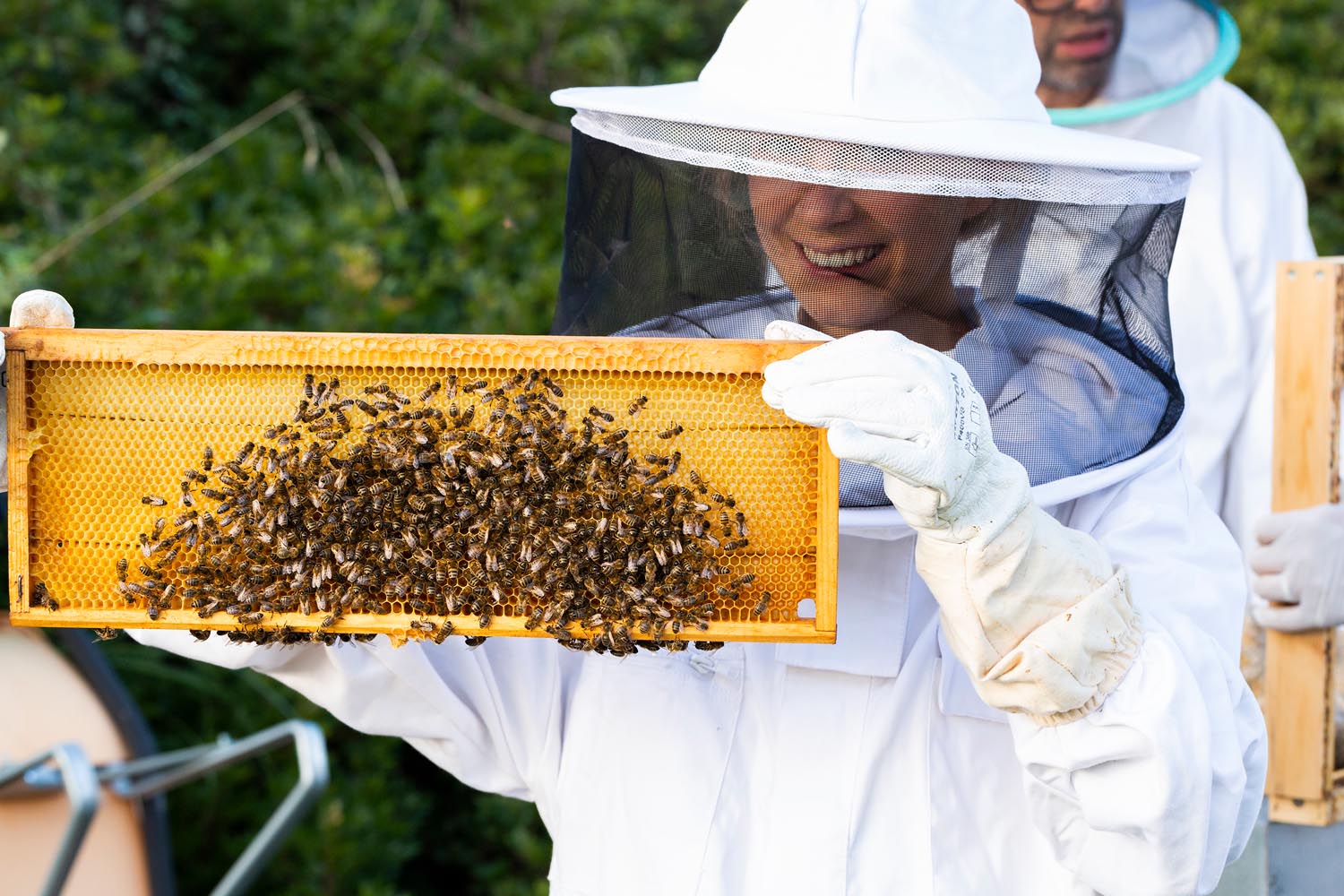
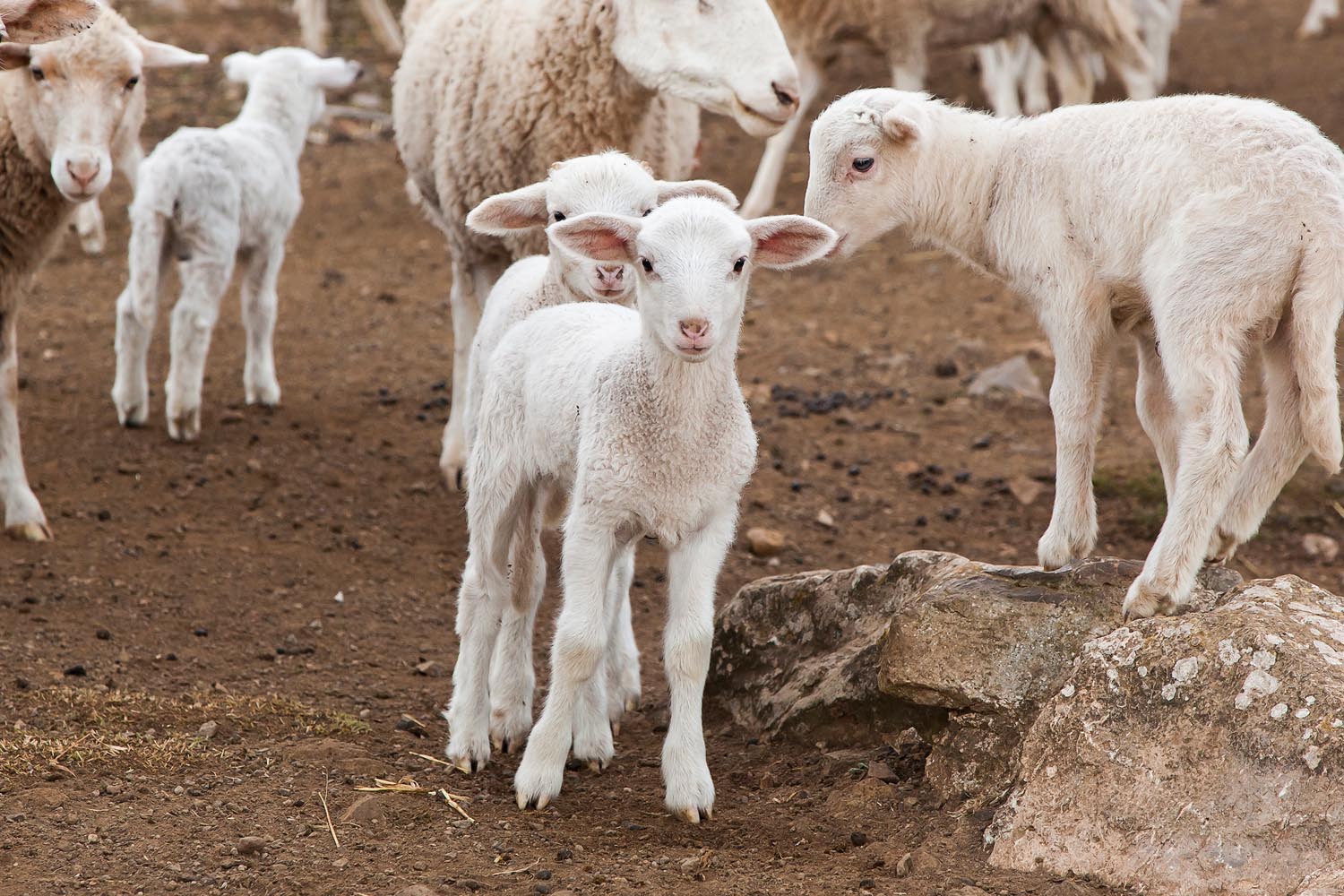
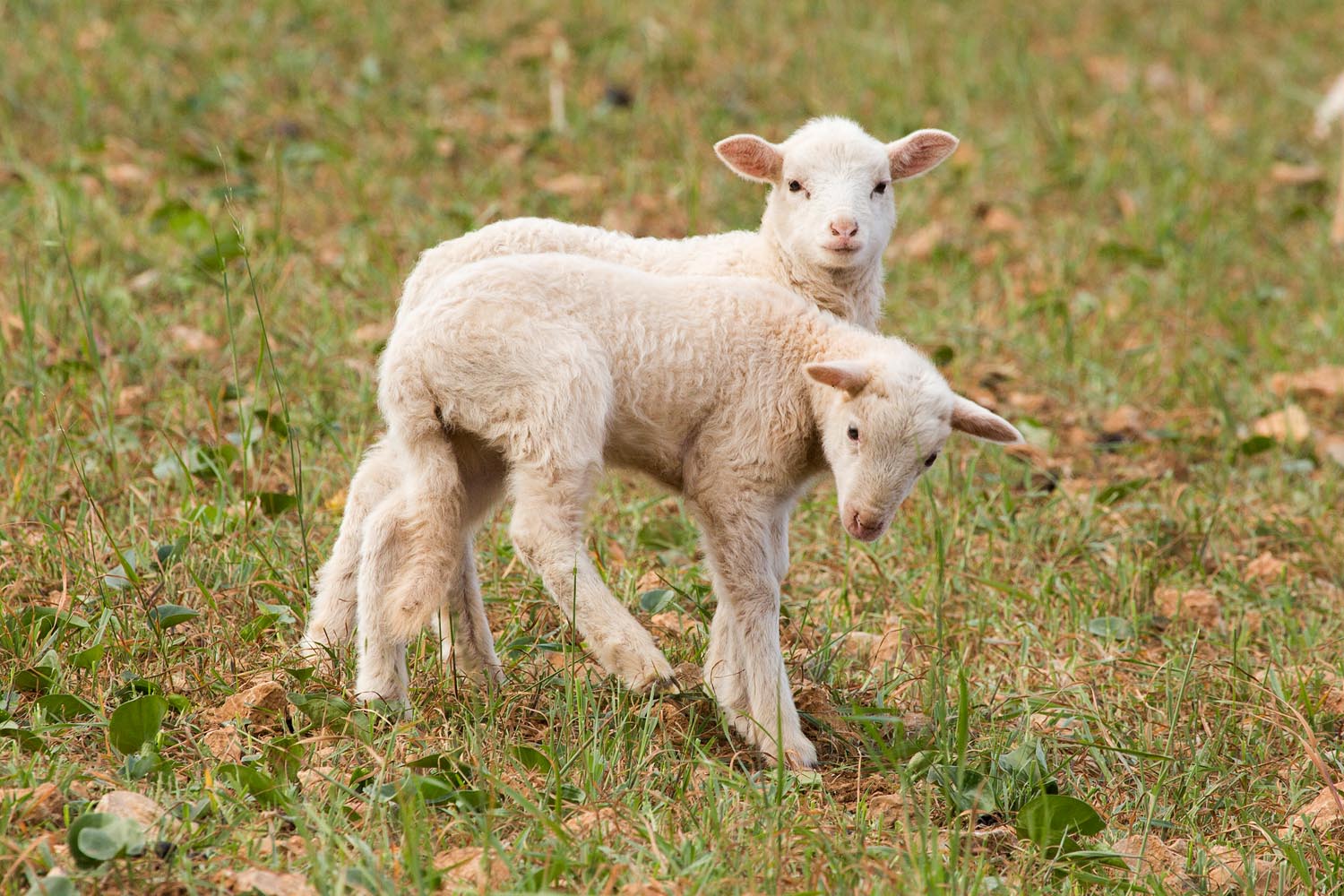
The farm stands out for its biodiversity with a large number of botanical and insect endemisms. It is a breeding place for the black vulture (Aegypius monachus), the osprey (Pandion haliaetus) and the Eleanor falcon (Falco eleonorae), among others. There are also breeding areas for the ferreret (Alytes muletensis), an endemic amphibian considered a living fossil and rediscovered by science in the 1980s.
Ecological agricultural activity
In the Ariant Valley there are about 47 hectares of traditional agricultural land where, since the arrival of the FVSM, organic activity has been carried out. Currently, the farm has the ecological certification granted by the Balearic Consell de la Producció Agrària Ecològica (CBPAE) for all activities, including livestock, beekeeping and fruit trees. Thus, environmentally responsible and quality production is guaranteed.
Agricultural work has the professional technical support of the Associació Producció Agrària Ecològica Mallorca (APAEMA). This collaboration aims to enhance the guarantee of the organic farming project. ( LINK APAEMA )
A flock of 200 sheep is currently managed at Ariant. The original number was 350 heads and has been reduced to the optimal number of carrying capacity for its ecological maintenance and to achieve self-sufficiency in food. It should be noted that a gradual change is being carried out from the Ille de France-Mallorca white mountain hybrid sheep breed to the pure Mallorcan white mountain breed. The latter is native to the island and is much better adapted to the natural pastures of the Sierra de Tramuntana, the orography and the local climate. On the one hand, the aim is to recover the Mallorcan tradition of free grazing of sheep. On the other hand, adapt sheep farming to the global challenge of climate change through the use of the native breed. Sheep also contribute to forestry tasks such as maintaining firebreaks.
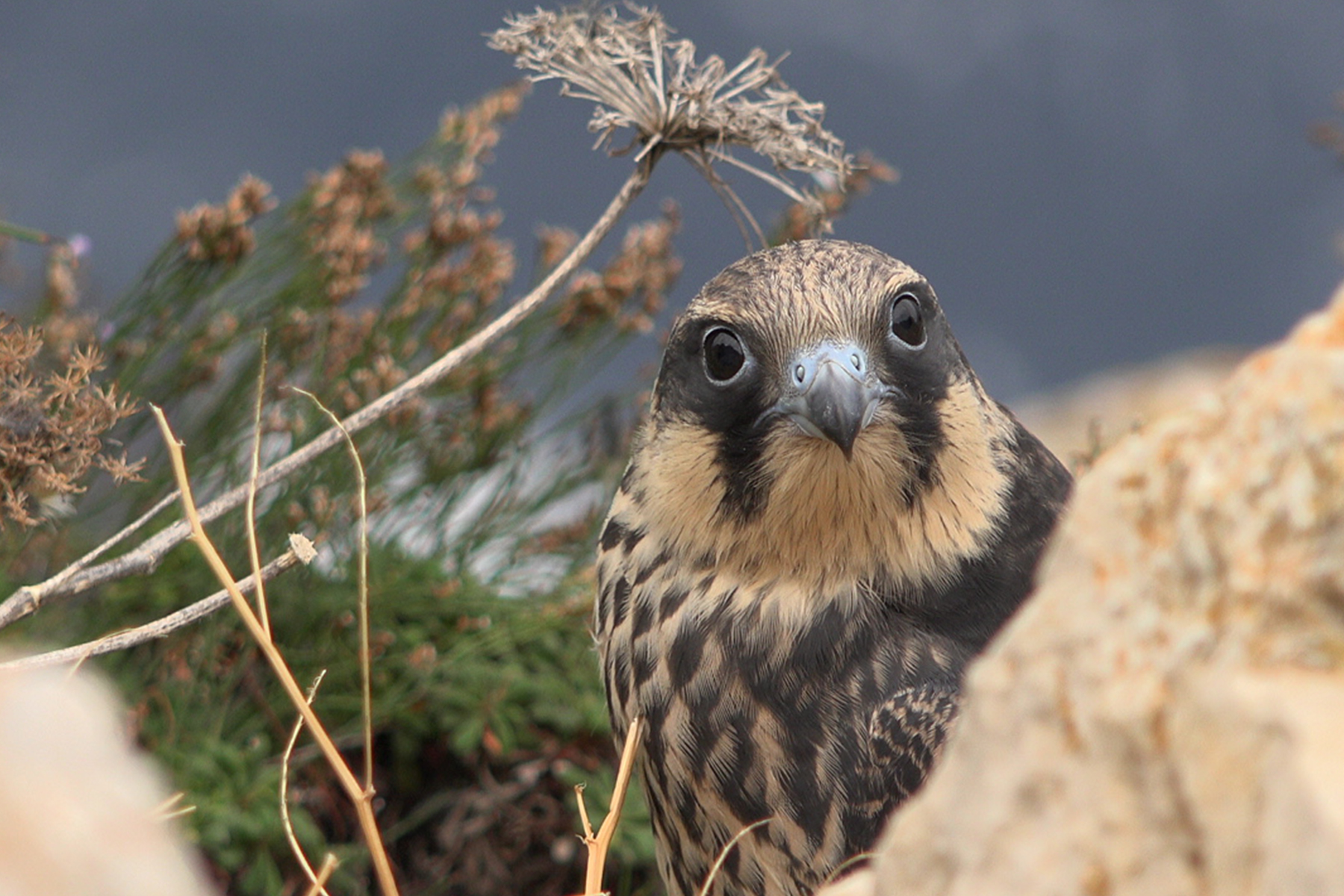
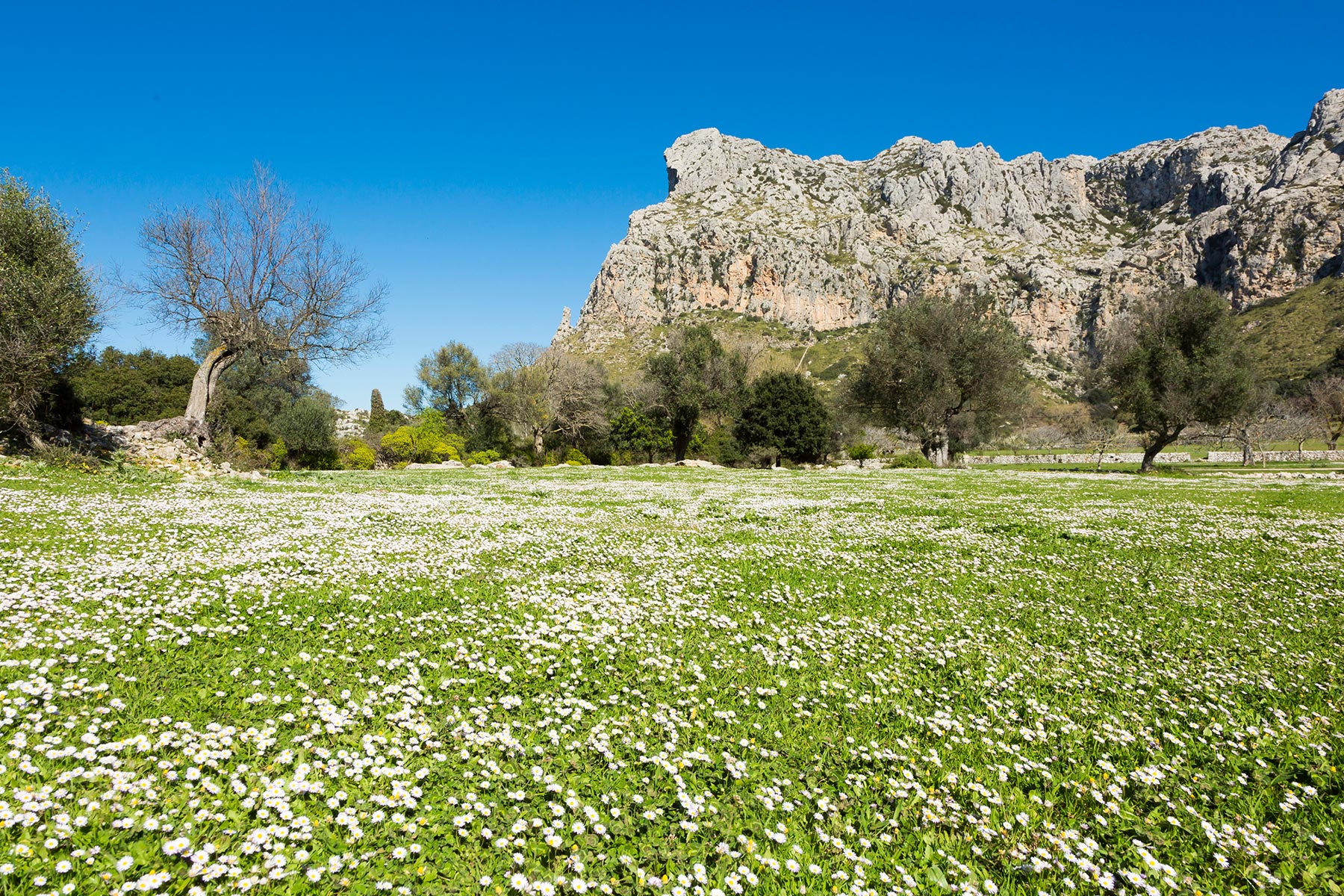
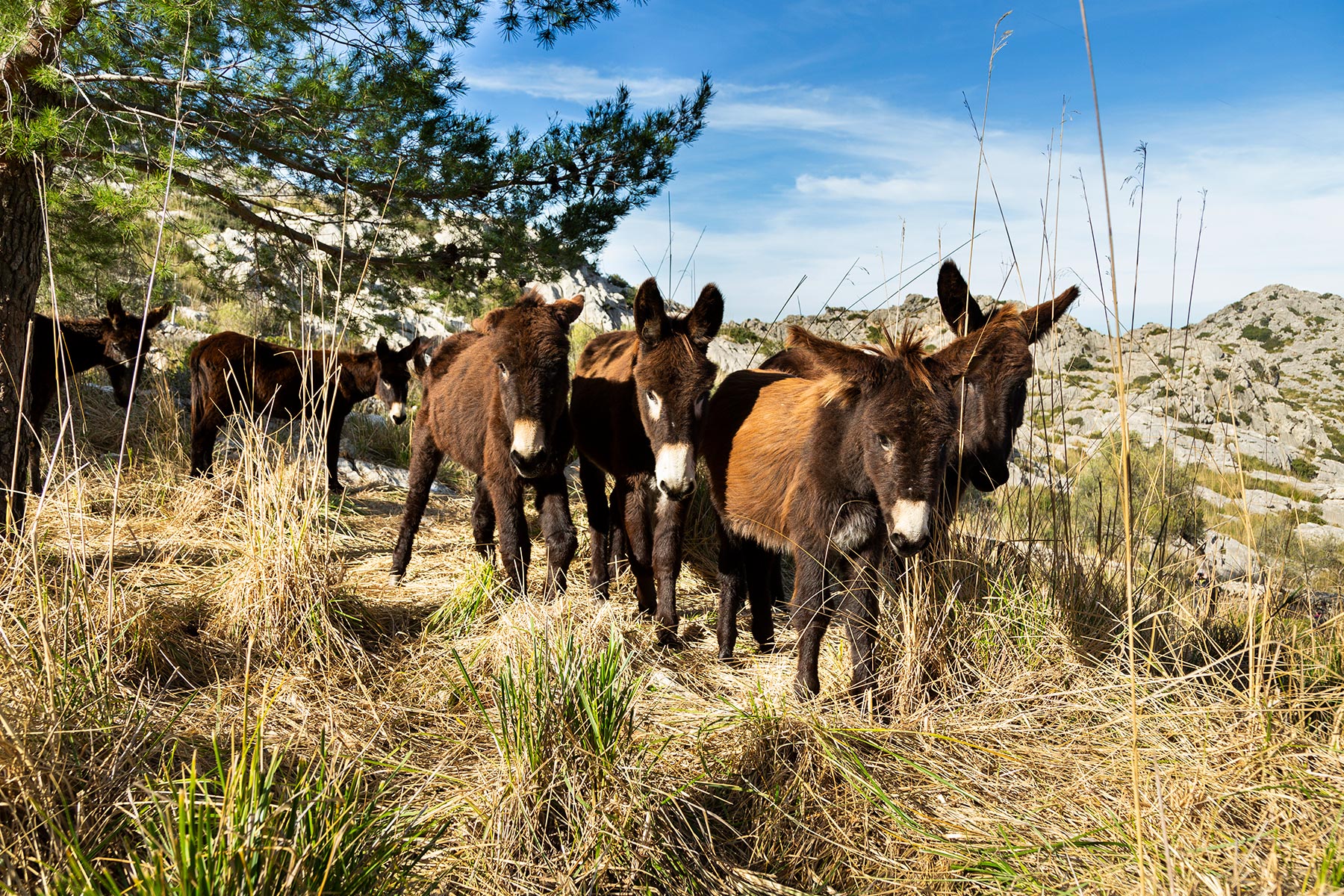
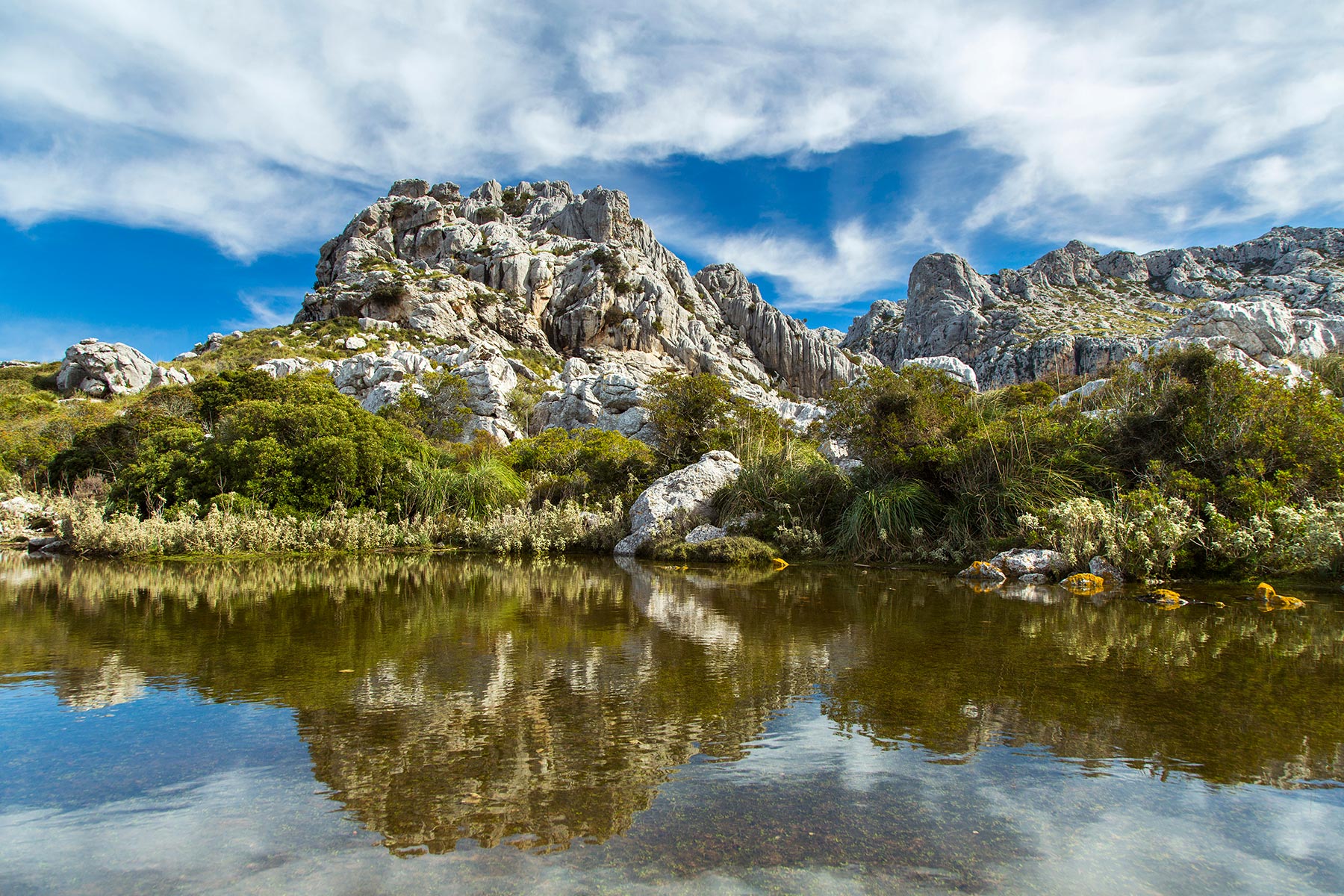
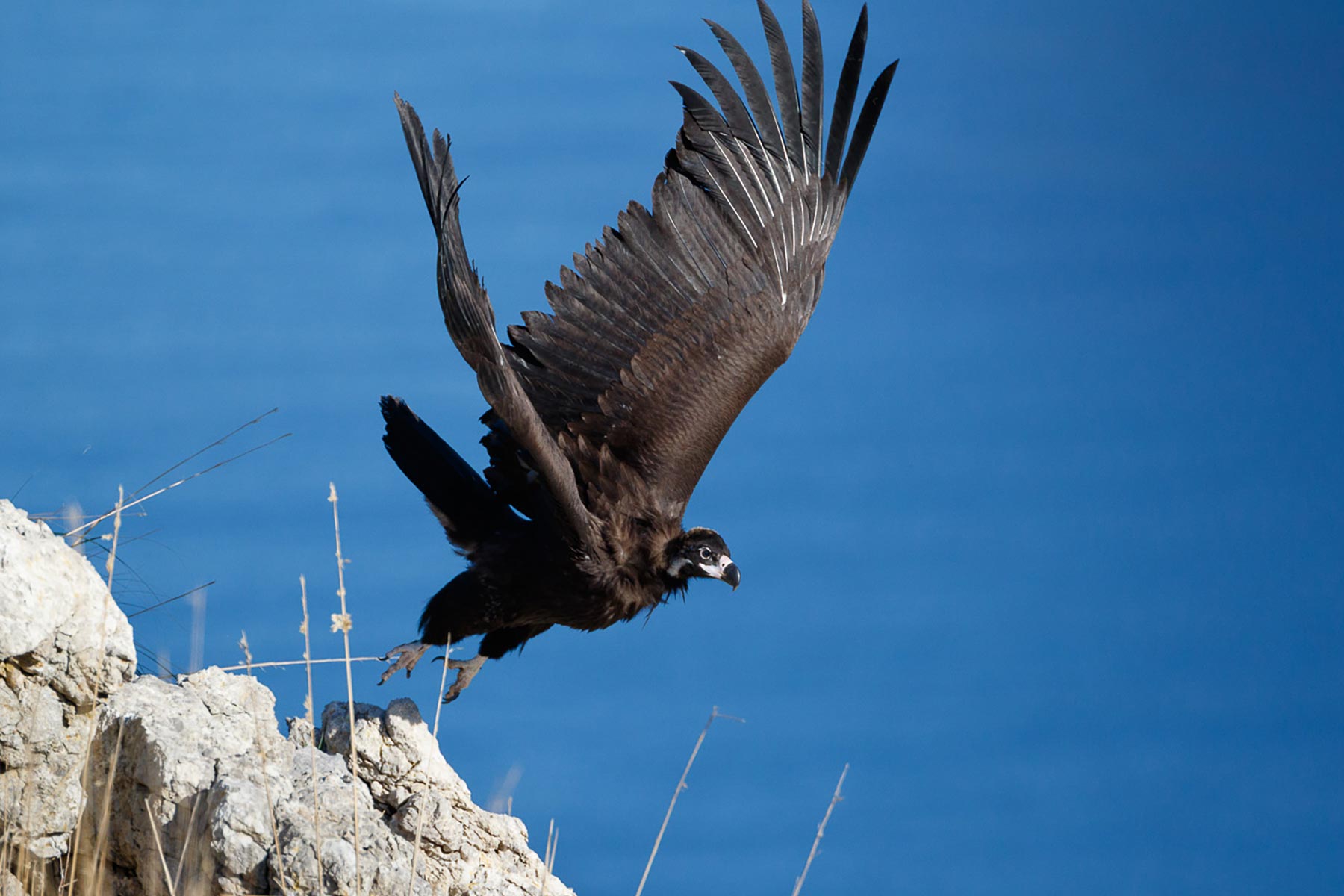
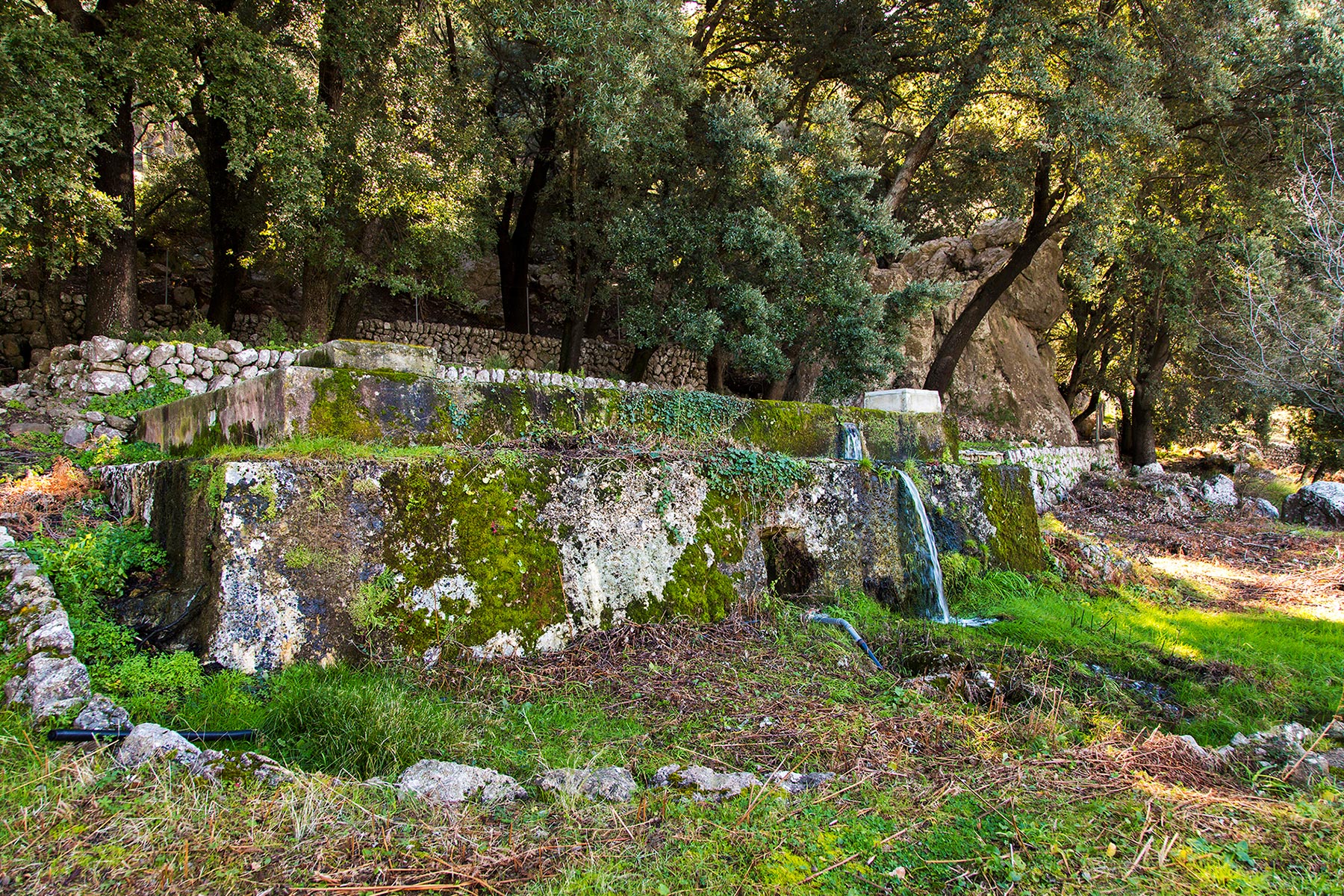
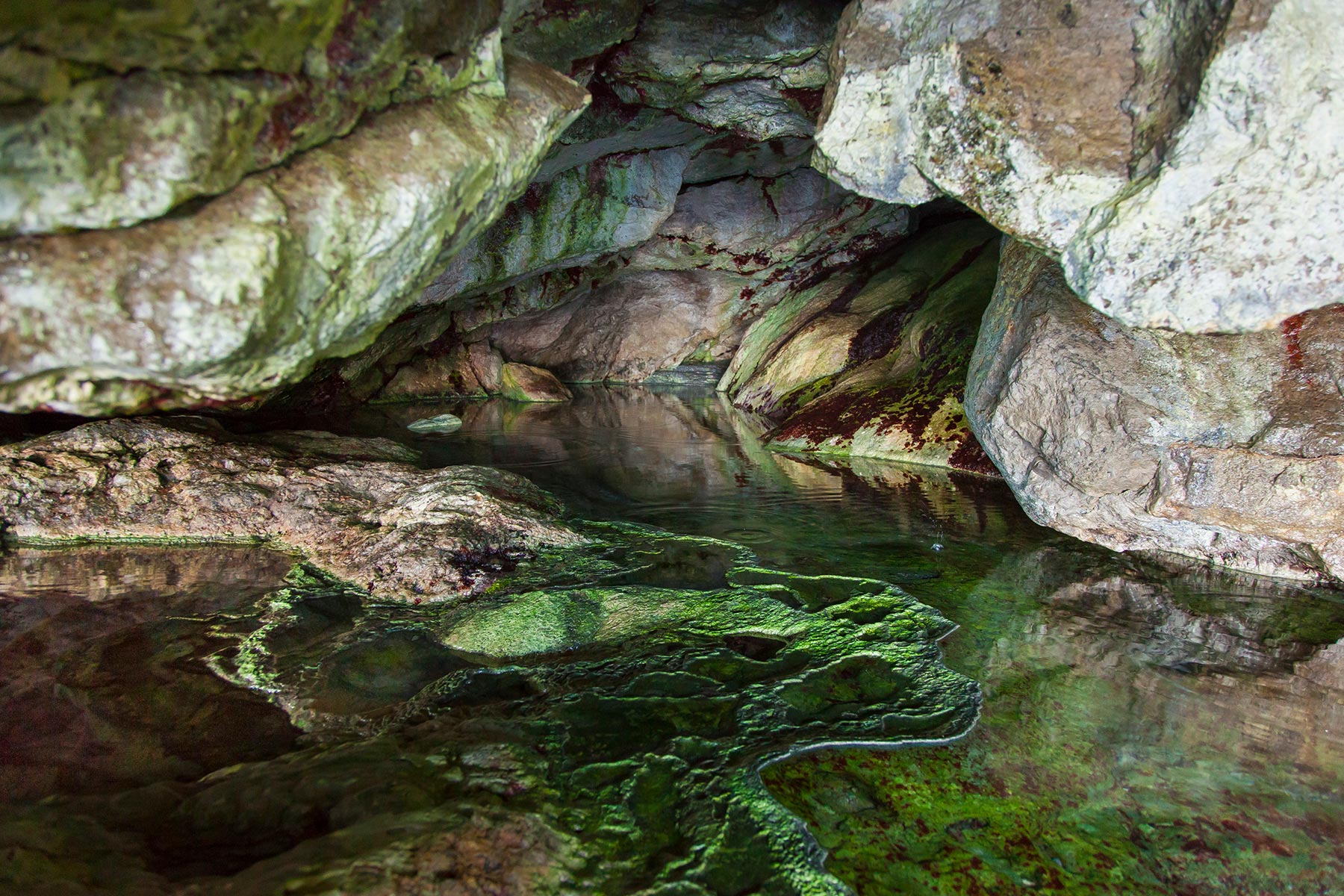
To facilitate the tasks of monitoring and collecting sheep, traditional cowbells with wooden collars have been placed on them.
Lately, the farm also has horses and cattle to carry out different tasks: such as fire prevention or the recovery of abandoned mountain pastures. In 2018, 10 donkeys were introduced and in 2019 a herd of cows was started, both species of Mallorcan breeds, well adapted to mountain conditions. One of the objectives is to complement the function of donkeys and cows with that of sheep. The native Mallorcan sheep can feed on tender shoots of “càrritx” (Ampelodesmos mauritanicus), which are very abundant in Ariant forest land, but not on mature shoots, which can be used by other livestock such as cows and donkeys. Thus, the donkeys and cows are carrying out the work of recovering pastures invaded by aging “cárritx”, so that in the near future the sheep can feed themselves and do maintenance.
Currently there are herds of 20 donkeys and 30 cows that are a contribution to the conservation of these threatened native breeds.
Betting on native varieties, in addition to being a commitment to the conservation of local traditions (such as the recovery of mountain pastures) and better adaptation to the situation of climate change, also has the added value of contributing to the improvement of the state of conservation of the native varieties of the Balearic Islands, which is one of the objectives of the FVSM.
At Ariant, fodder such as oats and barley are grown, mixed with vetch, peas and other legumes, all intended to feed the sheep. The farm is home to a wide variety of fruit trees, revealing the existence of microclimates. There are few specimens of most species since production was intended for self-consumption. The cherry, apple, pear and plum trees stand out, many of them local varieties. Exotic species such as avocados, kiwis, chestnuts or hazelnuts also attract attention. Recently, cherry, kiwi and avocado trees have been planted to replace trees that are lost due to age and adverse environmental factors such as storms or drought. Furthermore, as a measure of adaptation to climate change, dryland fruit trees such as olive, almond and carob trees are being planted. Work is also being done on the recovery of abandoned centuries-old olive trees through pruning and clearing work. Allowing in 2017, Ariant’s first olive oil production was carried out in decades.
Since 2019, agroforestry is being introduced in order to improve soils and optimize production. This practice integrates trees, livestock and grass into the same productive unit. The trees provide protection to livestock from the strong summer sun and winter rains and cold and supplementary food with their leaves and fruits such as carob or figs.
In 2016, organic beekeeping was introduced at Ariant, with the collaboration of beekeeper Martí Mascaró. Four wild swarms were then captured to form an apiary based on bees from the farm itself, which has grown to 16 hives. (Abeja Melíferas ) (Martí Mascaro Store Link Melcaramel )
The FVSM offers direct sales to consumers of all its organic products, including beef and lamb, honey and fruit. For more information you can contact us by email info@procustodia.org or by calling 971575880 (from 9 a.m. to 2 p.m.).
